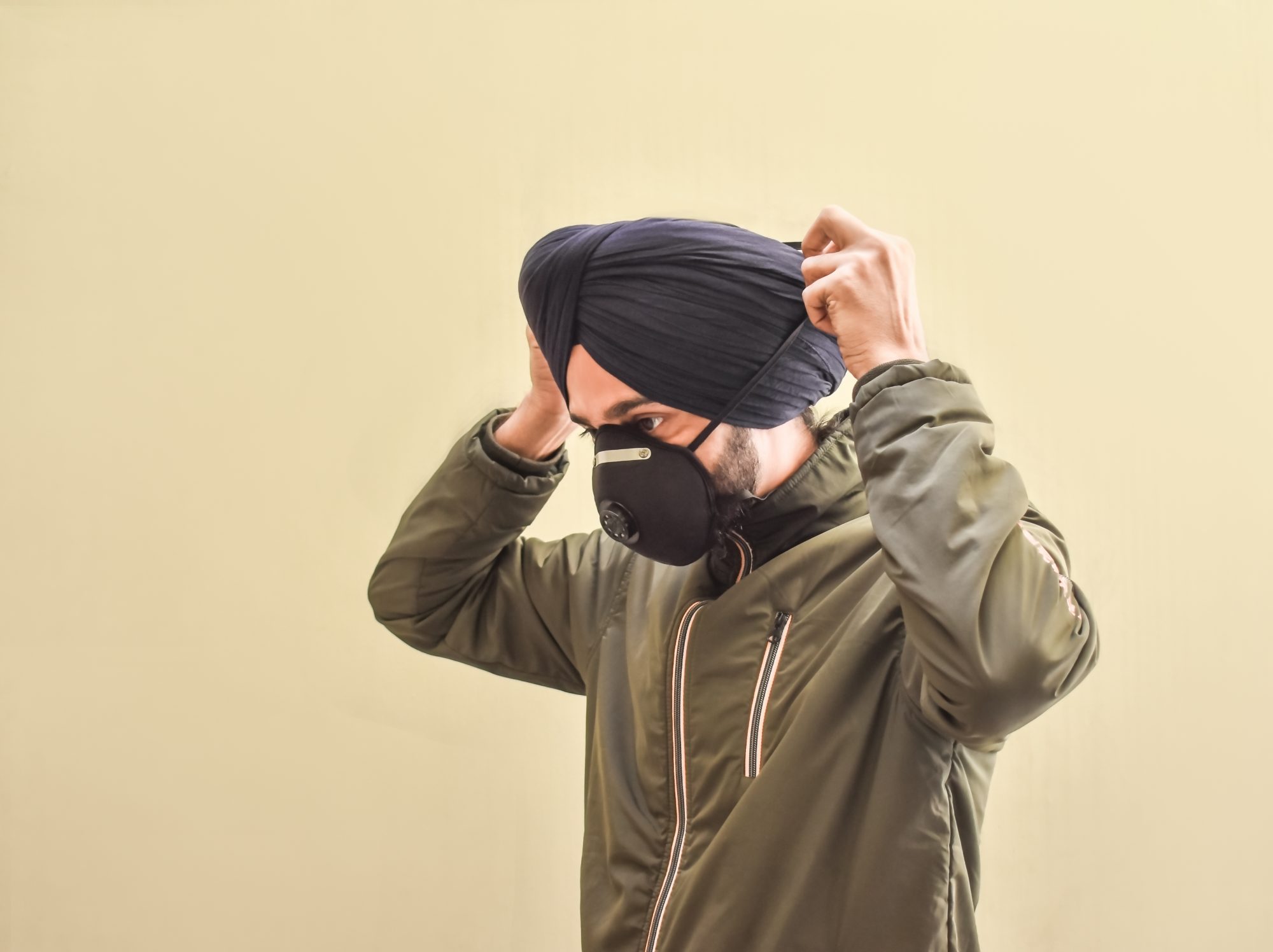US and UK researchers examined ethnicity data in both countries, finding that Black and Asian people were twice as likely as white people to be infected by the virus – but why?
In the UK, the first healthcare professional to die of COVID-19 was Mr Amged El-Hawrani, 55, an associate clinical director and ENT specialist at University Hospitals of Derby and Burton. Mr El-Hawrani died on 28 March.
After this moment in March, the UK and US have experienced a whirlwind nine months of ongoing deaths and hospitalisations via COVID-19.
Throughout, Black and Asian communities raised increasingly urgent questions about why the virus was hitting their communities harder than white ones. More ICU visits, more hospitalisations, more deaths. Thousands of scientific studies have been conducted into the minutiae, with calls in the UK for ethnicity data to be officially collected by the UK Government. The Government promised commission-led policy suggestions that are still pending, while medical bodies in the UK continue to ask for advocate for further protection for at-risk healthcare professionals.
The tricky situation for Black and Asian healthcare professionals
According to the British Medical Association (BMA), 21% of all healthcare staff are BAME (Black and Minority Ethnic) but 63% of healthcare workers who have so far died from COVID-19 were also BAME.
However, the workplace experience for BAME workers is another invisible factor in infection rates. While a white doctor can feel more comfortable to speak out against inadequate PPE, a BAME doctor has less freedom to risk bringing negative attention to themselves. In a survey, 33% of white doctors felt pressured to work with PPE that would not protect them during a close-contact medical procedure, whereas 64% of BAME doctors felt that pressure.
In a recent NHS Islamophobia investigation by HuffPost, journalist Aasma Day wrote: “A shocking 81% revealed they had experienced Islamophobia or racism within the NHS, 69% felt it had got worse during their time at the organisation and more than half – 57% – felt Islamophobia had held them back in their career progression within the NHS.”
In light of this struggle that some Black and Asian people face to retain their job and move further up the ladder in healthcare, COVID-19 whistleblowing on lack of appropriate resources and unfair decision-making becomes even less of a possibility.

The new NIH study suggests “disproportionate impact”
Researchers from the the Universities of Leicester and Nottingham, supported by the National Institute for Health Research (NIHR) Leicester Biomedical Research Centre, set out to understand this ongoing impact on the non-white community.
Dr Manish Pareek, Associate Clinical Professor in Infectious Diseases at the University of Leicester, Consultant in Infectious Diseases at the University Hospitals of Leicester NHS Trust and a senior author on the paper, said: “Our findings suggest that the disproportionate impact of COVID-19 on Black and Asian communities is mainly attributable to increased risk of infection in these communities.
“Many explanations exist as to why there may be an elevated level of COVID-19 infection in ethnic minority groups, including the greater likelihood of living in larger household sizes comprised of multiple generations; having lower socioeconomic status, which may increase the likelihood of living in overcrowded households; and being employed in frontline roles where working from home is not an option.”
This study drew from over 1,500 articles, collecting the information of more than 18 million people across the UK and the USA. Black people were found to be twice as likely to be infected, in comparison to people of white ethnicity. Asian people were found to be 1.5 times as likely as white people to catch COVID-19 – but Asian people were also the most likely ethnic group to end up in ICU and die from COVID-19.
Dr Shirley Sze, NIHR Academic Clinical Lecturer and Specialist Registrar in Cardiology at the University of Leicester, and a lead author of the paper, said:
“The clear evidence of increased risk of infection amongst ethnic minority groups is of urgent public health importance – we must work to minimise exposure to the virus in these at-risk groups by facilitating their timely access to healthcare resources and target the social and structural disparities that contribute to health inequalities.”
The findings are published in EClinical Medicine by The Lancet.











